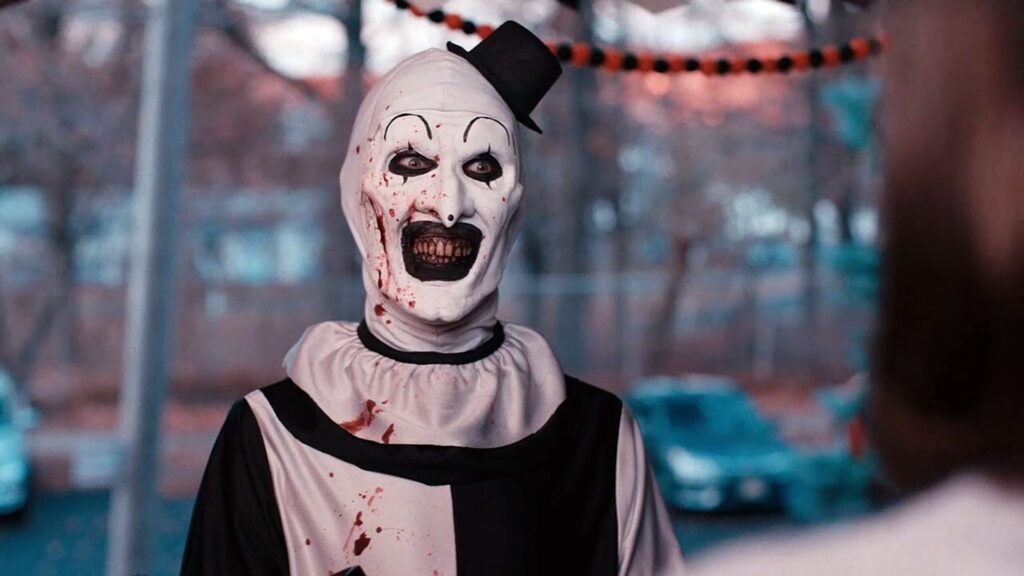Clowns used to be the height of children’s entertainment, but after Pogo and Silly Billy, clowns fell out of fashion. They survive today as horror-movie villains and meth-bands for adult entertainment. Kids would rather see sexy-ass drag queens than some stupid clown.
I knew a girl in college whose parents were both clowns. She had gone to clown college to study the family trade but found it just wasn’t for her. She switched to a worthless liberal arts degree, and I suspect her clown parents were very disappointed. Still, she spoke of their profession with the utmost seriousness. There was not an ounce of humor in the fact that she came from a family of clowns, which I assume went back for generations all the way to founding-stock American clowns.
Clowns appear to be happy, but on the inside, they are quite sad (and possibly pedophile child-murderers). Just like the classic clown horn, it sounds funny, but it’s actually a minor third interval—the saddest of all intervals.
The D in the above example is a quarter-tone sharper than a minor third, but we’re not too concerned with musical cents here—mere chump change. I’m practically deaf with chronic tinnitus, so one semitone is enough for me.
In human speech, the clown horn is translated as “waka waka.” If you don’t have your horn on you, just say that instead. You’ll be very popular, just like me. Spreading strife is my greatest joy. ??




